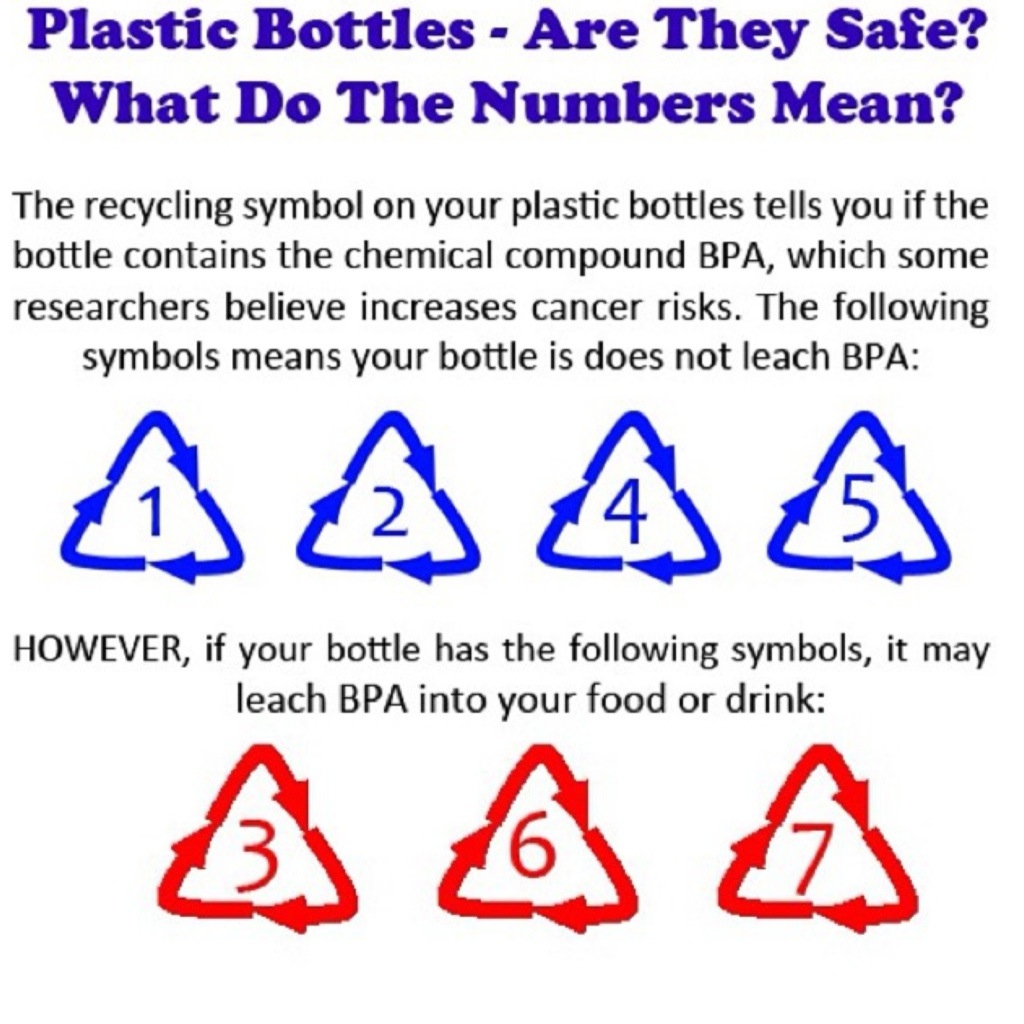A plastic is an organic polymer and are usually synthetic. Even though, a majority of plastics are derived from petrochemicals like petroleum, some are created from sugar cane and corn. Plastics are widely used in industry due to their low cost, easy to manufacture, and imperviousness (impenetrable) to water. They are used in a variety of products such as buttons to electronics to spaceships. Unfortunately, there is no economic reason for companies to use biodegradable plastics which have a low environmental impact. The image shown above is an example of what potentially occurs to plastics which are not recycled.
| BPA Chemical Structure |
-Cons: Some plastics like Bisphenol A (BPA) which is commonly used in BABY BOTTLES, water bottles, Coatings on food & Drink Cans, dental fillings, and Sports Equipment generate severe health effects if consumed. BPA is an endocrine disruptor which means that it interferes with the production, transport, and function of natural hormones. This is especially harmful to babies and young children (Which makes it illogical to put it in baby bottles). A study conducted by the Center of disease control and prevention found out that 93% of children urine samples had BPA and 95% for an adult. Health affects of BPA include: Type 2 diabetics, Breast Cancer (females only), Brain Function impairment (memory, learning..), heart disease, reproductive disorders....
-Cons: BPA is a soil pollutant (destroys Agri Industry) and interferes with Nitrogen Fixation at the roots of many plant species. It induces genetic abnormalities most commonly in amphibians and crustaceans (which we consume) and undermines the development of aquatic species most signifigantly.
-Why it is not banned: Because, BIG BUSINESS MAKES MONEY!!!!!!!!! Lobbyists, Bribes, Corruption, Campaigns, .....
Solutions: Avoid #7 plastics because they could contain BPA, unless they have a BPA free label like Thomas' toothpaste. Only consume/handle products that are BPA free. If there is no BPA free label, one can assume it has BPA.
*: Note BPA Free bottles may contain Bisphenol instead of Bisphenol A. Be careful!!

| (PARTS PER BILLION) |
No comments:
Post a Comment